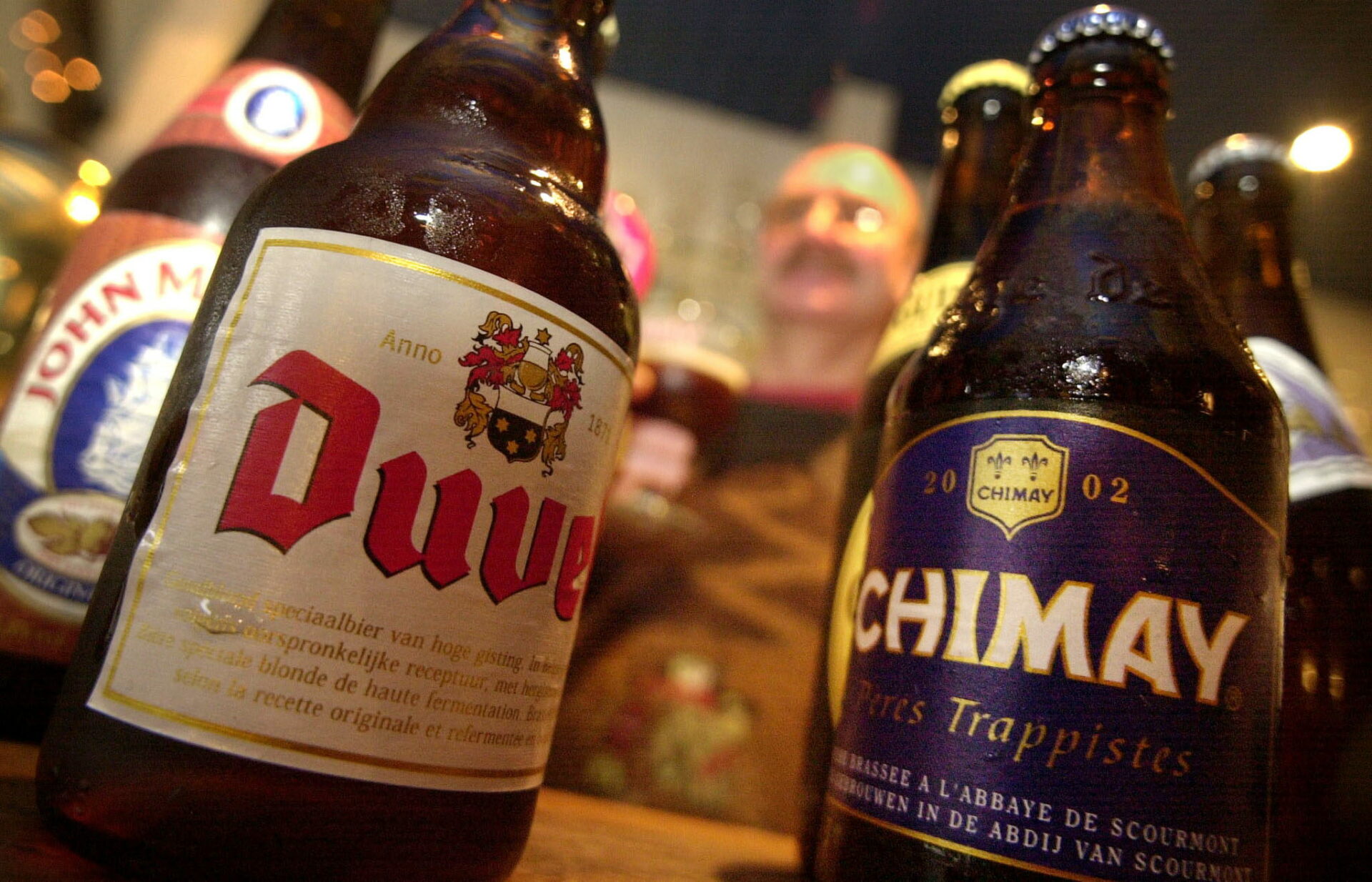How satisfied are patients with healthcare in Belgium, and how common are drinking and smoking addictions?
The latest report Health at a Glance by the Organisation for Economic Co-operation and Development (OECD) compares the various health situations across member countries.
The analysis compares key indicators for population health and healthcare system performance across 38 member countries, from health risk factors, to access to care and health resources.
In Belgium, according to data collected by the OECD, life expectancy was 81.9 years, 1.6 years above the average of all member states. However, as figures by Statbel have shown, this is divided per region.
Looking at total health expenditure – what is spent on doctors, hospitals and prevention, among other things – Belgium spends $6,600 (around €6,170 or 10.9% of its GDP) per person per year on health, more than the OECD average of $4,986 (around €4,661), but less than the Netherlands and France.
While Belgian citizens were most likely to be satisfied with the availability of quality health services (90% or more compared to the OECD average of 67%), 8% of people rated their health as bad or very bad, up from the OECD average of 7.9%.
Smoking and drinking
The OECD showed that each year, Belgians drink an average of 9.2 litres of pure alcohol per year, slightly more than the OECD average of 8.6. Almost half of this is consumed in the form of beer in Belgium. Alcohol consumption was shown to be much higher in Eastern European countries (Latvia, Lithuania, Estonia, the Czech Republic and Bulgaria were in the top five).
While Belgium's score is relatively in line with that of other countries, it is well above average when it comes to problematic alcohol consumption. As many as 19% of adults across the OECD countries reported "heavy episodic drinking" at least once a month. In Belgium, this percentage is as high as 28%, while in Germany, Luxembourg, the United Kingdom and Denmark, the rate surpasses 30%.

Credit: Belga/ Olivier Hostel
In Belgium, men are more likely to drink excessively (37%, compared to 19% of women). However, earlier this year, the country's various health ministers approved the first Interfederal Alcohol Plan with 75 measures to combat excessive and harmful alcohol consumption.
The smoking prevalence, at 15.4%, was also below the OECD average of 16%, however, the study showed Belgians do vape quite a lot. The OECD even cites it as one of the most remarkable conclusions for the country.
Specifically, 4.1% of people over the age of 15 say they do so regularly, putting the country above the Netherlands (1.4%) but lower than France (5%). A recent survey in Belgium found that especially people aged 15 to 20 are vaping more. While those over 20 years old tend to use e-cigarettes as a means to quit smoking, for those aged 15 to 20 it is an activity in itself.
Cancer and diabetes
After cardiovascular disease, cancer is the leading cause of death within the OECD member states: the mortality rate for this illness in the OECD is 202 per 100,000 population and the figure is on the rise. According to the OECD, the fact that the death rate is not higher is due to good treatment, but also to early detection.
In Belgium, the figure is only slightly lower at 197, however, a recent study by the Institute for Sustainable Development (ISD) showed that Belgium has witnessed an "explosion" in cancer diagnoses over the past two decades. The number of cancer diagnoses in Belgium rose from 61,524 to 74,249 from 2004 to 2022: an increase of 21%.
Related News
- Belgium records 'explosion' in cancer cases
- Four in ten Belgians on antidepressants for more than three years
One of the most striking findings of the study was that only 3.6% of Belgians struggle with diabetes type 1 or type 2, well below the OECD average of 7%. This is in stark contrast with figures shared by Agence InterMutualiste (AIM) earlier this year. It noted that the proportion of diabetic patients in Belgium reached 6.8% of the population in 2021.
Another key finding was the poor record the country has when it comes to the number of suicides (15.2 suicides per 100,000 inhabitants). While the numbers overall are showing signs of declining, among women in the 15-29 age group, the rate has increased sharply. This is believed to be linked to the pandemic and the use of social media.

